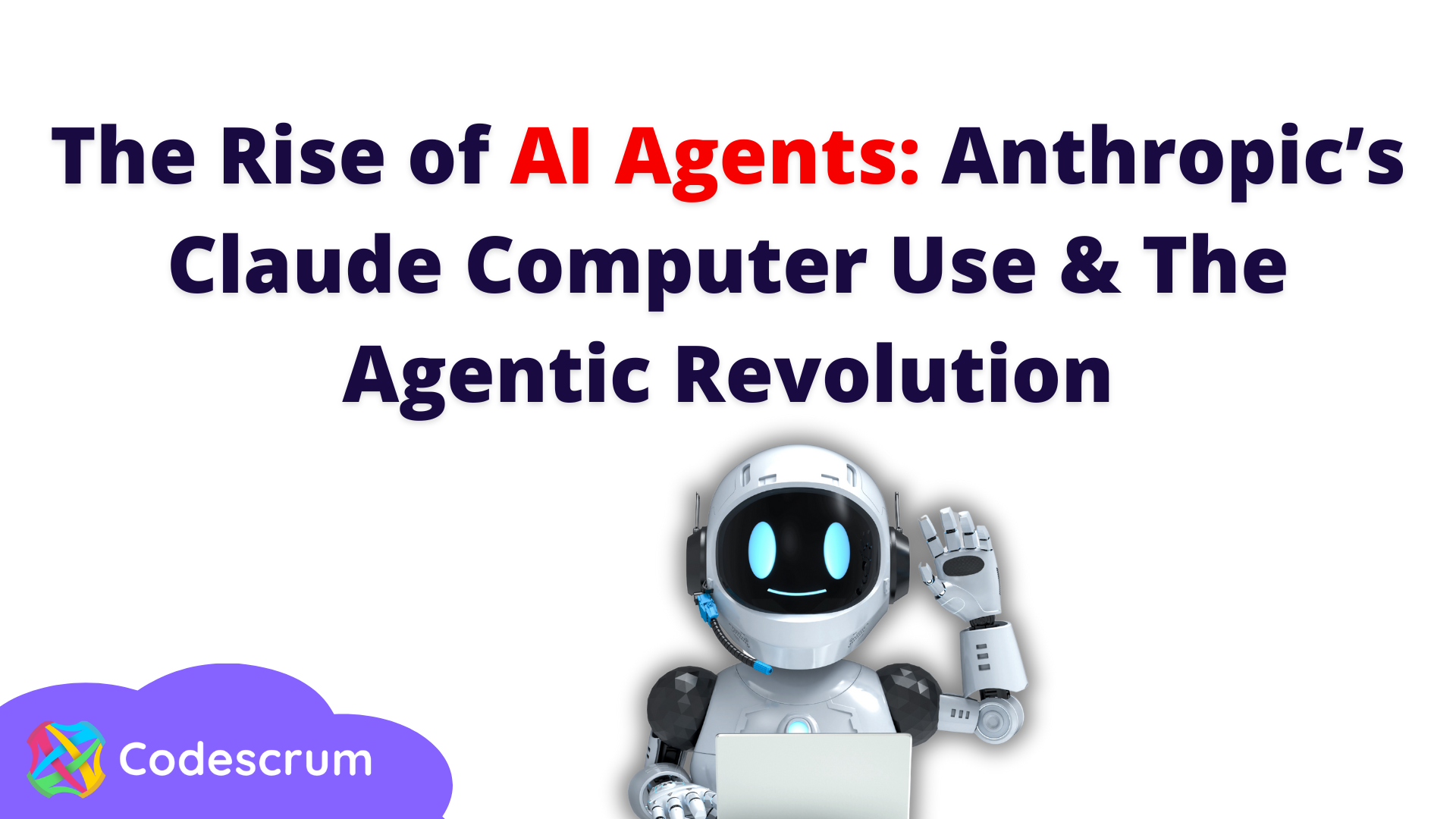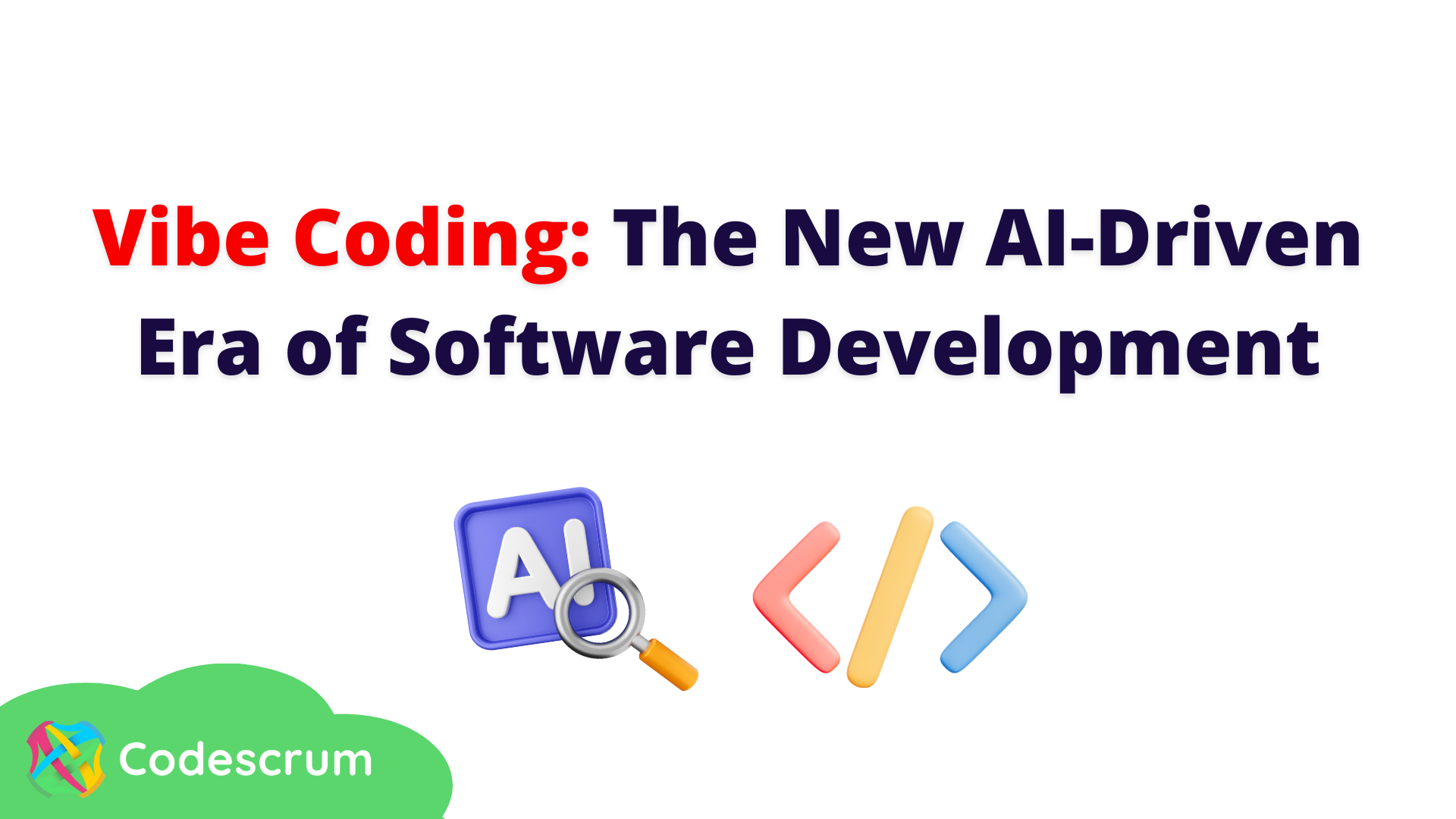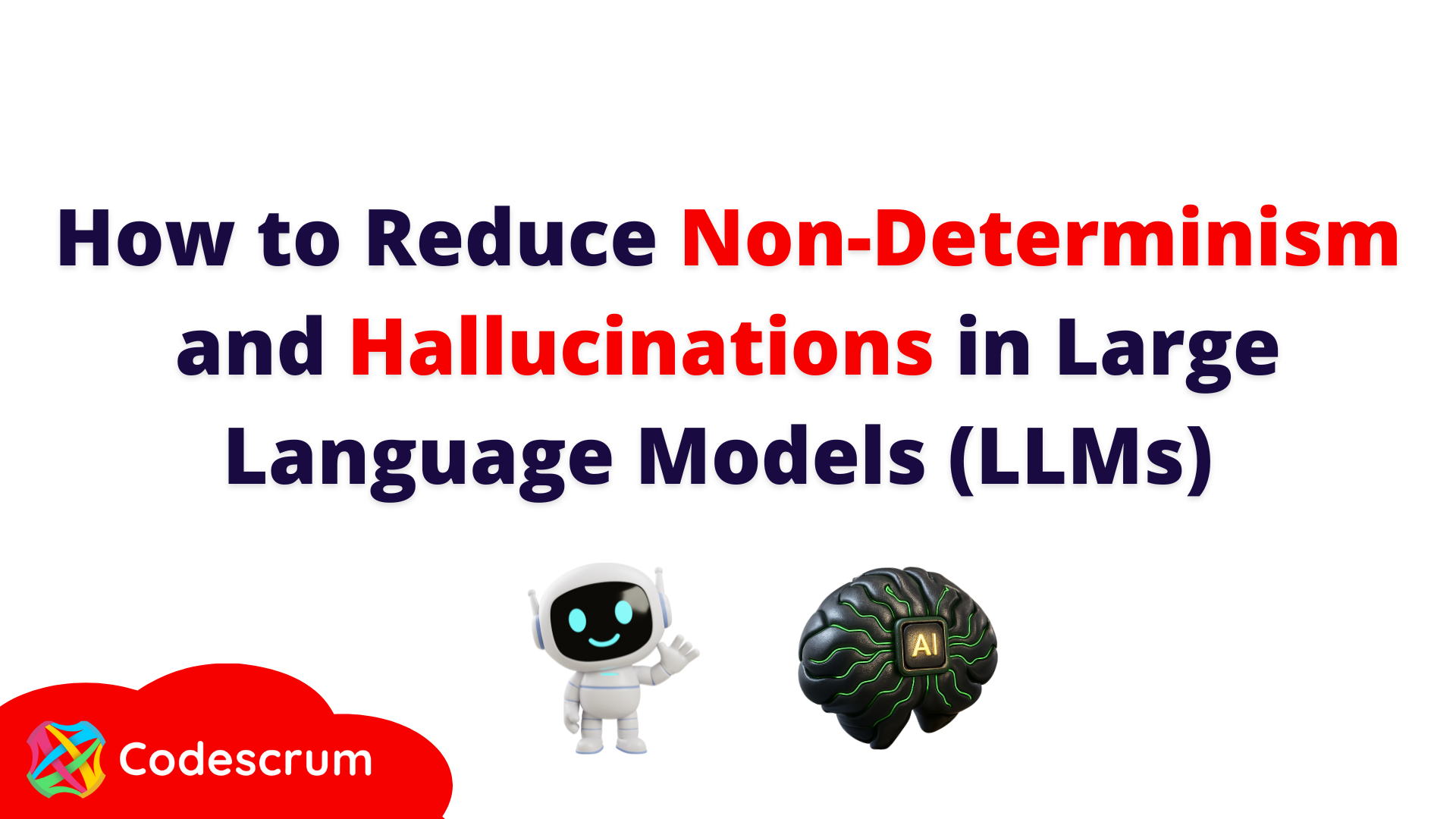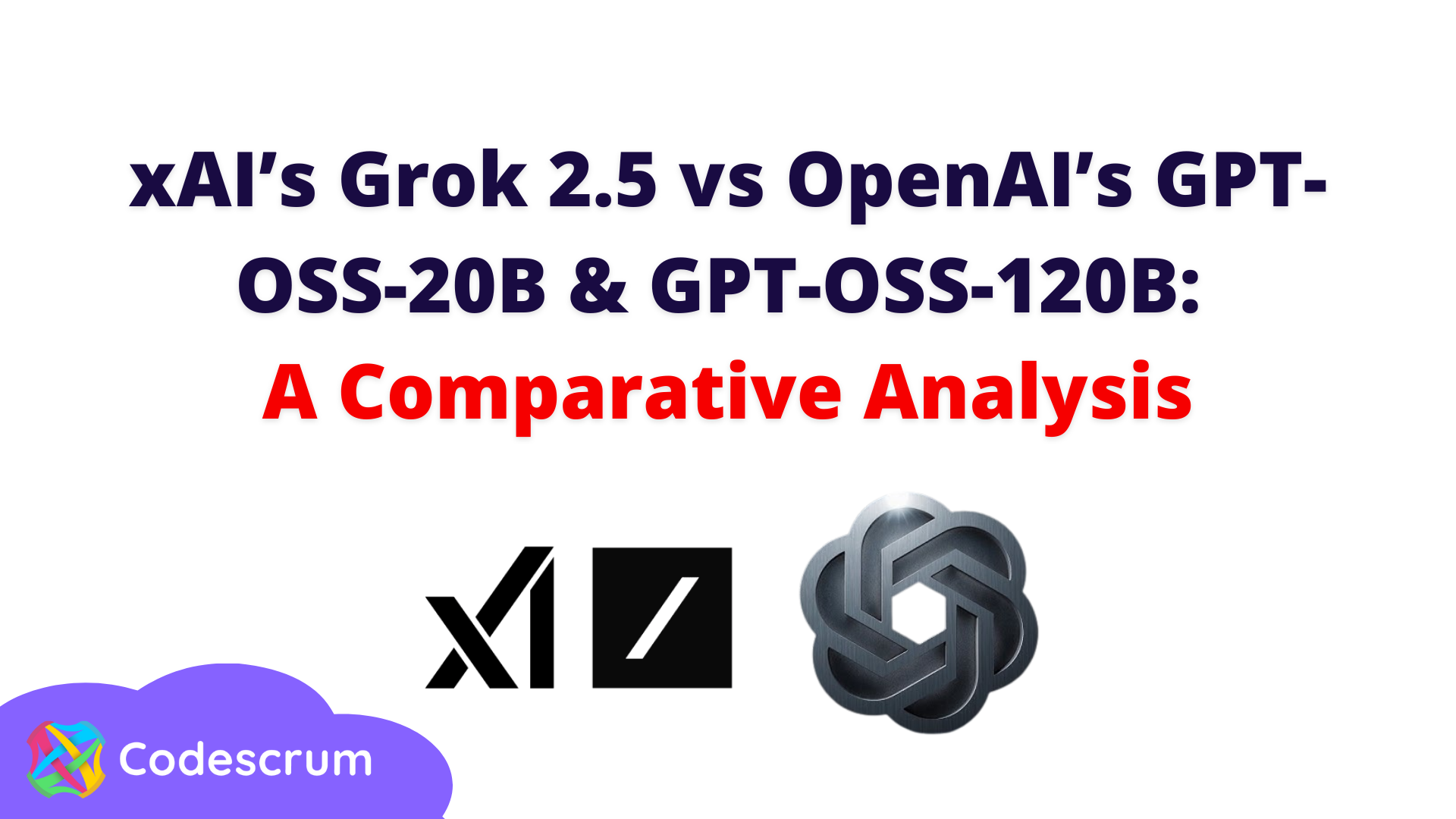by Gonzalo Wangüemert Villalba
•
16 February 2026
From Chatbots to Autonomous Agents: The Next Phase of Artificial Intelligence For years, artificial intelligence has been dominated by conversational assistants capable of answering questions, generating content, and supporting knowledge work. Today, however, the industry is undergoing a far more profound transformation: the shift from chatbots to autonomous AI agents capable of acting directly within digital environments and completing tasks end-to-end. This transition, widely referred to as the Agentic Revolution , marks the emergence of a new class of systems that do not merely communicate, but observe, reason, and operate. Early projects such as Manus AI demonstrated that agents could plan, decompose complex objectives, and coordinate multi-step reasoning. Building on this foundation, Anthropic’s Claude Computer Use now represents a major leap forward: one of the first commercially available AI agents capable of using a real computer autonomously, browsing the web, interacting with graphical interfaces, and executing full workflows in the same way a human operator would. This development signals a fundamental change in how artificial intelligence interfaces with the digital world, transforming language models into fully operational digital workers. How Claude Computer Use Works: The Computer-Using Agent Model Claude Computer Use is based on the concept of a Computer-Using Agent (CUA). Rather than relying on predefined APIs or rigid automation scripts, the agent interacts directly with the operating system via the graphical user interface. The system visually perceives the screen using computer vision, recognises interface elements such as buttons, text fields, menus, and windows, and interprets them within a semantic and task-oriented context. Given a user objective, the model applies its reasoning capabilities to construct a plan by decomposing the task into a sequence of atomic actions, such as moving the cursor, clicking, typing, scrolling, and navigating between applications and web pages. Crucially, Claude does not follow a fixed script. It can adapt to unexpected interface changes, recover from errors, reassess its strategy, and continue execution dynamically. This level of flexibility distinguishes it from traditional robotic process automation and brings its behaviour much closer to that of a human digital operator. From Manus AI to Claude: The Evolution Towards Fully Operational Agents Manus AI introduced the idea of general-purpose agents capable of long-horizon reasoning, task decomposition, and tool orchestration. However, its interaction with software systems was still largely mediated through structured tools and APIs. Claude Computer Use removes this intermediary layer by allowing the agent to operate the computer directly. Any application, including legacy systems without modern integrations, becomes accessible. This shift moves autonomous agents from a conceptual framework into practical deployment, enabling real-world task execution across virtually any digital environment. Claude vs OpenAI Operator vs Google Mariner Anthropic is not alone in developing agentic systems. OpenAI and Google are pursuing similar goals, each with a distinct strategic focus. OpenAI Operator is designed for high-performance task execution across web and enterprise workflows, with deep integration into the GPT ecosystem and API-driven tooling. Its strengths lie in speed, scalability, and developer extensibility. Google Mariner focuses on autonomous web navigation and large-scale information retrieval, leveraging tight integration with Chrome, Google Search, and Google Workspace. It is particularly well-suited to research, data collection, and productivity automation within Google’s ecosystem. Claude Computer Use differentiates itself through its emphasis on general-purpose reasoning, interpretability, and safety. Anthropic has prioritised controlled autonomy, alignment, and robust governance, making Claude especially attractive for enterprise and regulated environments where reliability and risk management are critical. Business Implications: True Cognitive Task Automation Computer-using agents unlock a new level of cognitive automation that extends far beyond repetitive process scripting. In operations, they can interact with legacy systems, enter and validate data, generate reports, and coordinate internal workflows without custom integrations. In marketing and sales, they can conduct market research, perform competitive analysis, update CRMs, manage campaigns, and publish content. In finance, they can access banking portals, prepare financial statements, perform reconciliations, and support audit processes. In human resources, they can screen candidates, operate recruitment platforms, schedule interviews, and automate onboarding. These capabilities effectively create a new category of worker: the autonomous digital employee, capable of performing knowledge-intensive tasks continuously, at scale, and with near-zero marginal cost. Security and Privacy in the Age of Autonomous Agents Granting AI direct control over computers introduces unprecedented security challenges. Such agents may handle credentials, access sensitive information, and execute actions with real operational consequences. Potential risks include interface manipulation, visual prompt injection, execution errors, and insufficient auditability. In response, Anthropic has designed Claude Computer Use with layered safeguards: sandboxed environments, granular permission controls, human oversight for high-impact actions, comprehensive activity logging, and strict behavioural policies. In the agentic era, cybersecurity is no longer only about protecting data. It is about governing autonomous behaviour within complex digital infrastructures. The Shift from Chatbots to Agents The transition from chatbots to autonomous agents represents a structural change in software architecture. Chatbots respond; agents act. Chatbots operate in isolated turns; agents maintain a persistent state and long-term plans. Chatbots are reactive; agents can be proactive and goal-driven. This evolution is giving rise to the agentic economy, in which organisations orchestrate fleets of specialised agents that research, plan, execute, and coordinate with one another across digital systems. Conclusion: The Dawn of the Agentic Revolution Anthropic’s Claude Computer Use marks a decisive step in the evolution of artificial intelligence from conversational tools to operational digital entities. While Manus AI laid the conceptual groundwork for autonomous agents, Claude demonstrates their practical viability by showing that a model can control a real computer and complete complex tasks independently. The Agentic Revolution is not an incremental improvement. It is a paradigm shift: from passive tools to active digital collaborators, from assistants to operators, from software that advises to software that executes. In the coming years, competitive advantage will increasingly depend on how effectively organisations design, govern, and scale ecosystems of autonomous agents. We are witnessing the emergence of a new form of workforce: the autonomous AI workforce. And Claude Computer Use is one of the clearest early signals that this future has already begun.













